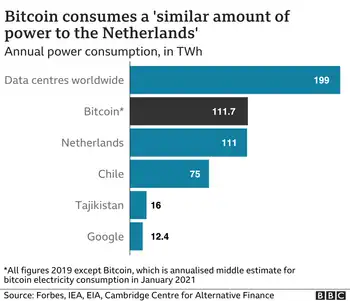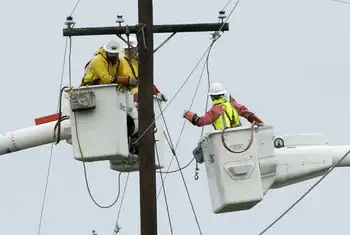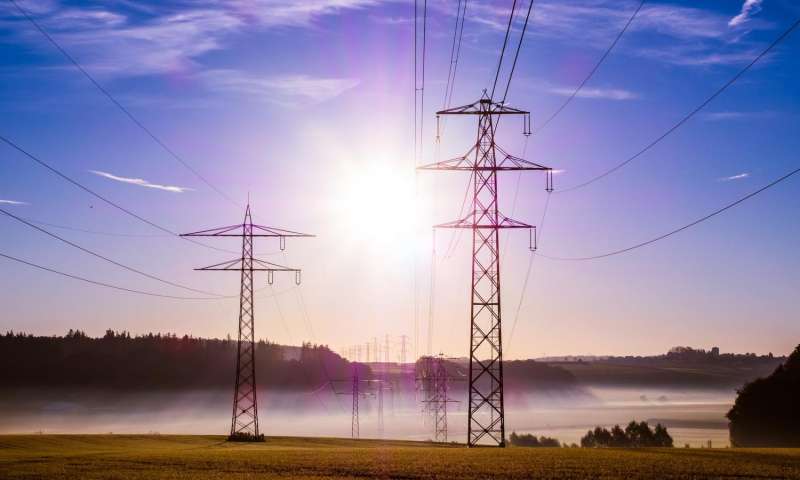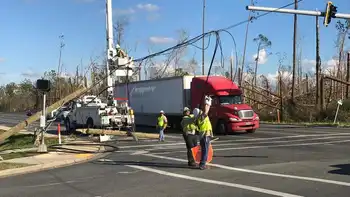Utility counsel for consumers may disappear in Texas
By Houston Chronicle
Electrical Testing & Commissioning of Power Systems
Our customized live online or in‑person group training can be delivered to your staff at your location.

- Live Online
- 12 hours Instructor-led
- Group Training Available
The Office of Public Utility Counsel also received support from consumer advocates and even from the electric companies it regularly opposes in rate cases. John Fainter, president of the Association of Electric Companies of Texas, said the industry understands the public policy goal of having a vigorous advocate for consumers.
The Sunset Advisory Commission recently heard recommendations to ease the transition to electric and telecommunications competition.
The commission, a 12-member body of legislators and public members appointed by the lieutenant governor and House speaker, regularly assesses the need for state agencies to exist.
Advisory commission staff said the state should continue the Public Utility Commission for 12 years. But the staff said Texas no longer needs the Office of Public Utility Counsel, a stand-alone agency that advocates solely on behalf of residential and small commercial customers.
The $1.7 million office has represented rate payers in cases such as CenterPoint Energy's attempt this summer to recoup $4.4 billion in so-called stranded costs from customers. The counsel's office found the company was due only $248 million, although the PUC has not yet ruled in the case.
The Sunset Commission staff report said that, following recent changes in utility regulation, the attorney general's office could handle representation of consumers in the few remaining rate cases. It said the PUC staff could evaluate decisions made by the commission and the Electric Reliability Council of Texas, which manages the state power grid.
Rep. Burt Solomons, R-Carrollton, said it appears that the utility counsel's efforts often are duplicated by lawyers representing larger electric users seeking lower rates.
However, Suzi McClellan, who heads the utility counsel's office, said rates have risen between 28 percent and 47 percent for most Texans since electric competition began in January 2002. Industry officials blamed the increases on the price of natural gas, which fires many electricity-generating plants.
"A customer impact statement is inadequate compared to the full legal representation that customers currently enjoy," McClellan said.
McClellan said her office employed the only lawyers representing customers of New Power Co. when that Enron spinoff went bankrupt in 2002. She said her efforts recovered more than $1 million in benefits for those customers.
The Sunset Commission also heard recommendations to improve the electric reliability council. The staff report found that the council needs standards for independence and accountability and recommended the 14-member governing board, drawn largely from the electric industry, should be replaced with a nine-member independent board.
The council, a not-for-profit organization, also should be required to submit detailed financial information to the PUC, which sets a fee paid by electric users that funds the council.
The PUC is planning an audit of the council following allegations that some former staffers awarded security contracts in deals they benefited from.
Mike Greene, chairman of the council's board of directors, said the actions of a "small number of rogue employees" did not affect grid reliability or market operations.











